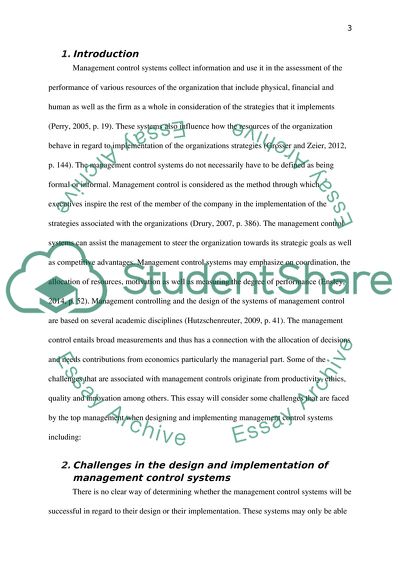Cite this document
(Advanced Management Accounting Essay Example | Topics and Well Written Essays - 1500 words - 2, n.d.)
Advanced Management Accounting Essay Example | Topics and Well Written Essays - 1500 words - 2. https://studentshare.org/finance-accounting/1848447-advanced-management-accounting
Advanced Management Accounting Essay Example | Topics and Well Written Essays - 1500 words - 2. https://studentshare.org/finance-accounting/1848447-advanced-management-accounting
(Advanced Management Accounting Essay Example | Topics and Well Written Essays - 1500 Words - 2)
Advanced Management Accounting Essay Example | Topics and Well Written Essays - 1500 Words - 2. https://studentshare.org/finance-accounting/1848447-advanced-management-accounting.
Advanced Management Accounting Essay Example | Topics and Well Written Essays - 1500 Words - 2. https://studentshare.org/finance-accounting/1848447-advanced-management-accounting.
“Advanced Management Accounting Essay Example | Topics and Well Written Essays - 1500 Words - 2”. https://studentshare.org/finance-accounting/1848447-advanced-management-accounting.


